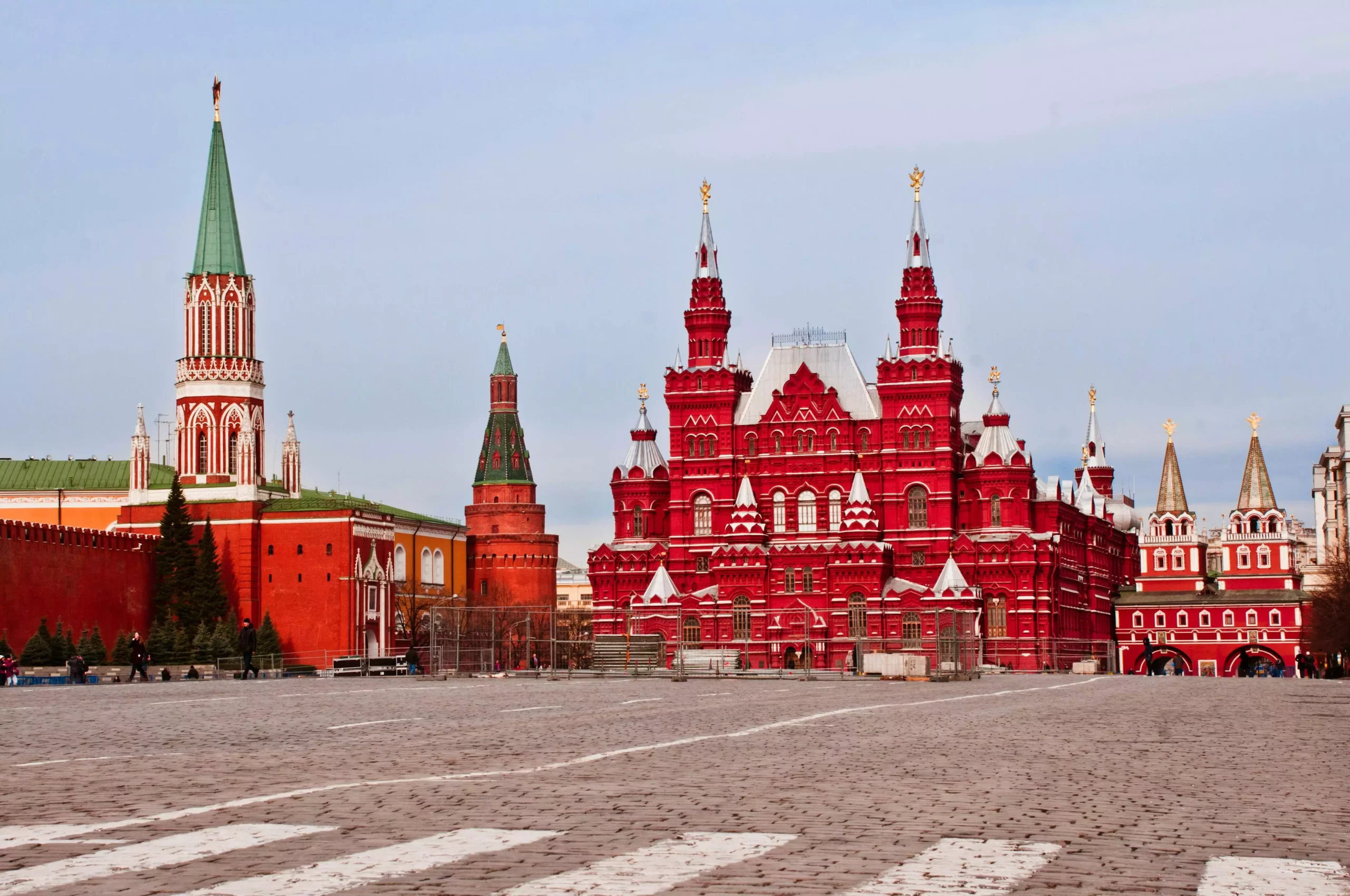In a significant pivot toward modern financial practices, Russia’s Moscow Exchange has launched Bitcoin futures contracts, allowing its investors to engage with the cryptocurrency market without the need to utilize foreign platforms. This initiative proves to be a bold move in a country that has historically had a guarded stance toward cryptocurrencies. Priced in US dollars and settled in rubles, this structure is engineered to protect Russian investors from external volatility, eliminating the unsettling risks that are often associated with global finance.
Controlled Environment for Growth
The introduction of Bitcoin futures specifically for qualified investors marks a vital step toward establishing a regulated framework for cryptocurrencies within the country. The fact that access to these derivatives is restricted to large institutions — such as banks and approved financial groups — paints a picture of a cautious, yet evolving, landscape. The central bank’s reluctance to allow direct consumer access reflects an overarching desire to manage risks associated with digital assets tightly. While this may seem restrictive, the benefits of protecting the average investor from potential losses are undeniable.
Market Control and Economic Security
The strategic decision to price these contracts in US dollars while settling in rubles serves to create a shield against unpredictable market fluctuations. This clever mechanism allows traders to speculate on Bitcoin’s value with the comfort of knowing that they will be compensated in their own currency. This not only keeps financial liquidity within Russia but also ties the nation into the global cryptocurrency scene on its own terms. By establishing a controlled trading platform, Russian authorities can limit the adverse effects that foreign market volatility could have on local investments.
Potential Roadblocks for Everyday Investors
However, this progress comes with its share of limitations. Ordinary investors remain sidelined from actively trading these Bitcoin futures, with access restricted to those who have significant capital and established credibility in the market. This raises a critical issue regarding inclusivity — while large firms may benefit from potential profits, the vast majority of retail investors are left in the dark. The current approach arguably favors the elite and big banking institutions while leaving the average citizen without even a chance to participate. If we truly want cryptocurrency to democratize finance, we must ask whether such restrictions may lead to disenchantment among the populace in the long run.
Competition and Innovation
Interestingly, the launch of Bitcoin futures is coming as Sberbank, Russia’s premier financial institution, prepares to roll out its own crypto offerings. By developing structured bonds tied to Bitcoin’s performance, Sberbank is tapping into the growing appetite for cryptocurrencies among domestic investors. This dual development illustrates a competitive environment that could foster further innovation; however, it also raises questions about the long-term stability of digital assets in the nation’s financial fabric. Are these developments a sign of a burgeoning crypto market, or simply a calculated measure to exploit a new source of revenue?
The Bigger Picture: A Path Toward Regulation
As it stands, Russia’s cautious embrace of Bitcoin futures can be seen as a pragmatic response to a rapidly evolving financial landscape. Rather than ignoring the rise of cryptocurrencies, the country is choosing to harness their potential while employing strict regulatory controls. This approach might be what is necessary for long-term acceptance and integration of digital currencies into conventional finance. However, the effectiveness of these mechanisms remains to be seen, as does the reaction from the general populace who aren’t yet invited to the trading floor.
In essence, while Russia’s launch of Bitcoin futures represents a progressive shift, it simultaneously highlights the tension between innovation and accessibility. The nation stands at a crossroads, and the path it chooses could very well redefine the role of cryptocurrencies in its economic framework.

